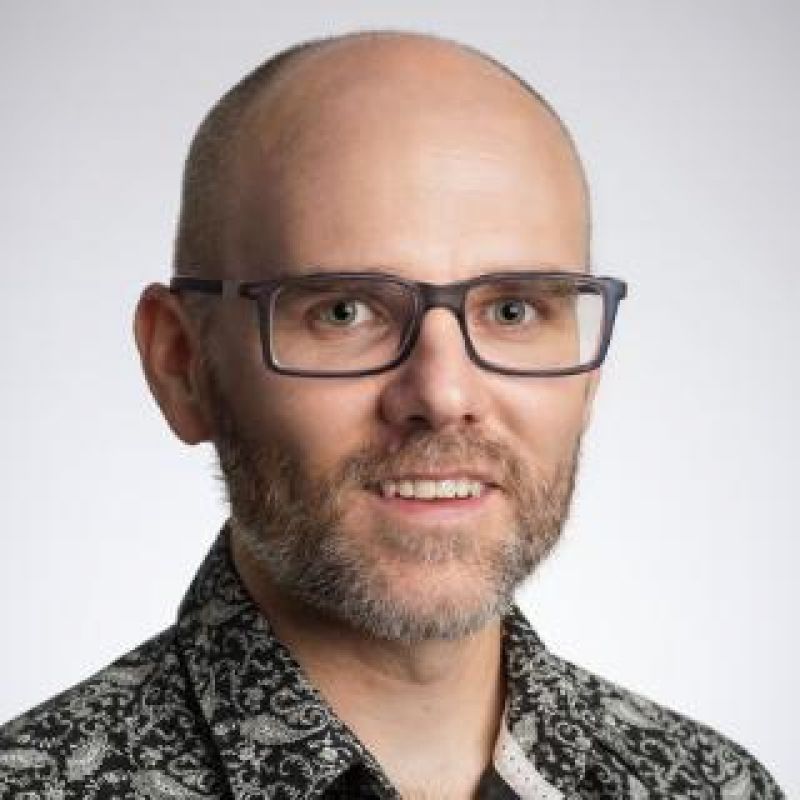Supervisors

Professor Scott McCue
- Position
- Professor
- Division / Faculty
- Faculty of Science
Overview
Weakly nonlinear waves are described by dispersive pdes, such as the famous Korteweg–De Vries (KdV) equation. These models have applications to a variety of phenomena in physics, including the propagation of water waves, but they are also interesting from a mathematical perspective because they can have special properties.
While the KdV equation and its variants are well-studied in the literature, a new approach is to attempt to learn about wave propagation by investigating solution behaviour in complex plane. For example, there are deep connections between complex-plane singularities and the solutions on the real line that are not well understood.
Research activities
- Simulate the KdV equation or related equation on the real line using a variety of initial conditions.
- Investigate the role of travelling wave solutions and solitons for the governing equation.
- Investigate the role that similarity solutions play for both small- and large-time limits.
- Explore links with the so-called Painlevé equations, both numerically and analytically.
- Apply numerical algorithms to analytically continue numerical solutions into the complex plane.
- Use matched asymptotic expansions to describe the trajectory of complex-plane singularities.
- Relate behaviour in the complex plane to real solutions on the real line.
- Extend the above activities to three-dimensional waves via the Kadomtsev–Petviashvili equation or related equations.
Outcomes
- New insight into weakly nonlinear wave phenomena.
- New techniques for studying nonlinear pdes.
- New results for 3D waves.
Skills and experience
- Preferably a strong background in MXB322 Partial Differential Equations, MXB325 Modelling with Differential Equations 2 and MXB326 Computational Methods 2 (or equivalent third-year undergraduate courses).
- Preferably some training in complex variable theory.
Keywords
- nonlinear partial differential equations
- nonlinear waves
- solitons
- similarity solutions
- travelling waves
- complex analysis
Contact
Contact the supervisor for more information (scott.mccue@qut.edu.au).